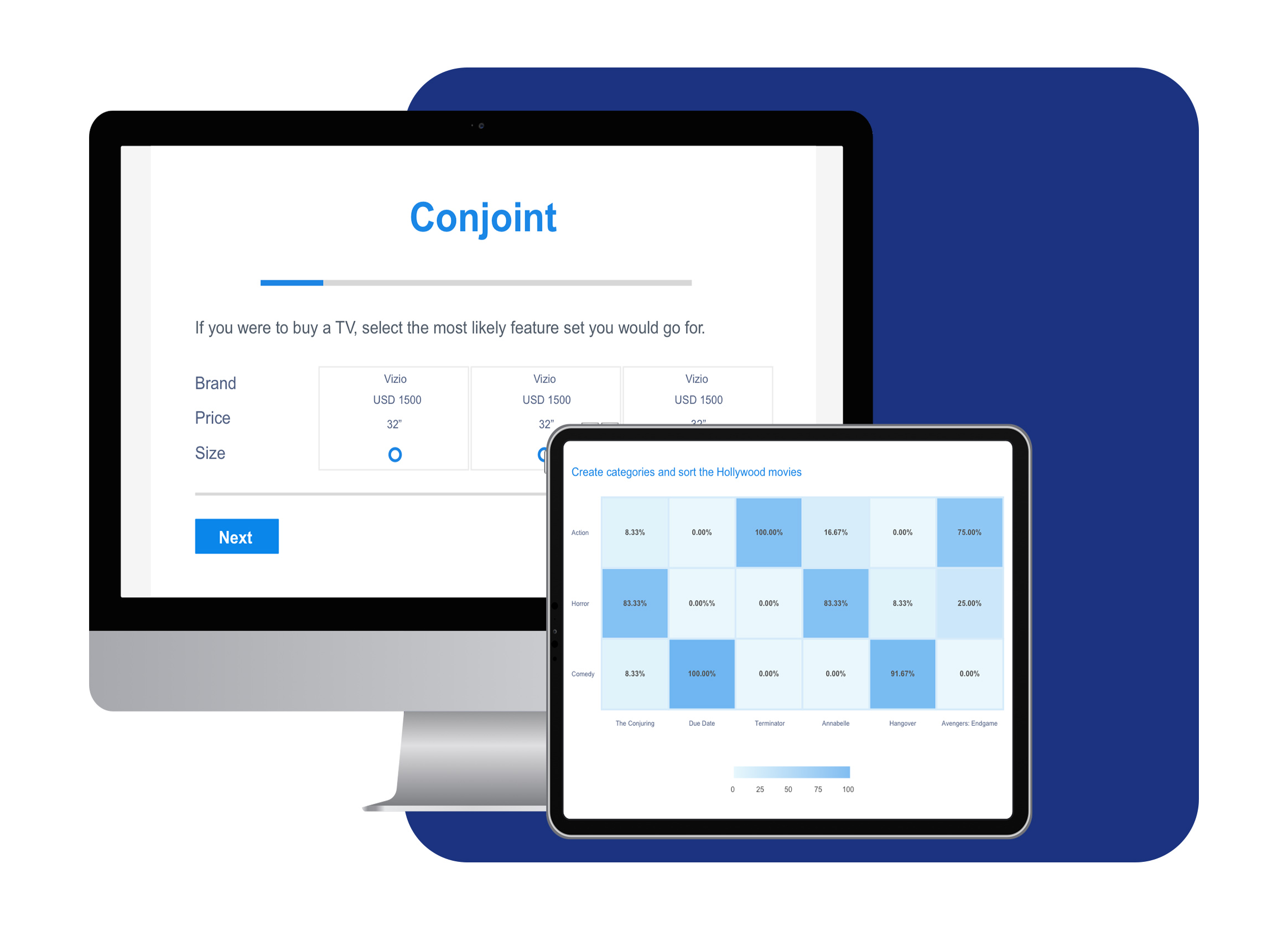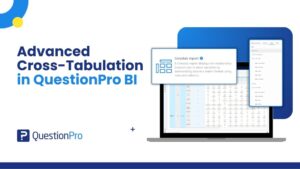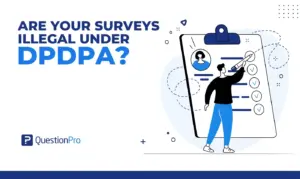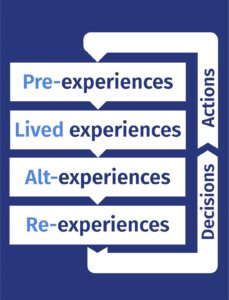
Adaptive conjoint analysis (ACA) can be used to collect data on the web or on computers that aren’t connected to the web (CAPI mode). It is a type of conjoint analysis used to gauge consumer preferences for product features. The term “adaptive” implies that each respondent’s computer-administered interview is customized.
ACA is more accurate and powerful than traditional conjoint analysis because it adapts to each respondent’s individual preferences as they answer the survey questions. This means that ACA can give more accurate information about what makes people buy things, which can help businesses make better marketing plans and product designs.
ACA is especially helpful when there are many possible product features or attributes to consider because it helps researchers determine which features are most important to different market parts.
Adaptive conjoint analysis is a useful tool for any business that wants to learn more about its customers and stay ahead of the competition in a constantly changing market.
What is Adaptive Conjoint Analysis?
Adaptive conjoint analysis (ACA) is a market research method used to determine which product features consumers like best. It is a type of conjoint analysis that changes as each person answers the survey questions to consider their preferences.
In a typical ACA study, respondents are given a list of product profiles with different features or attributes (e.g., price, color, size, etc.). The survey then asks respondents to select their favorite option from each set, and based on their previous responses, it generates new product profiles.
Researchers can determine the relative importance of different product features and the trade-offs consumers are willing to make between them by looking at respondents’ choices.
When there are many possible product features or attributes to consider, ACA is especially helpful because it lets researchers figure out which features are most important to different market segments. It is a potent tool for figuring out how people act, and it can help businesses make better marketing plans and product designs.
Adaptive conjoint analysis is a sophisticated market research method that has become increasingly popular over the past few years.
Usability of Adaptive Conjoint Analysis
Adaptive conjoint analysis (ACA) is a sophisticated market research method that has become increasingly popular over the past few years. At each step of this analysis, previous answers are used to decide which question to ask next to learn as much as possible about the respondent’s preferences.
ACA has two important capabilities:
- First, it lets the researcher design a computer-interactive interview and give it to respondents.
During the interview, you can focus on the things and levels that the respondent says are most important to them. Questioning is done in an “intelligent” way. The respondent’s utilities are constantly re-estimated as the interview goes on. Each question is chosen to provide the most additional information, given what is already known about the respondent’s values. Respondent utilities will be available when the interview is done.
- Second, ACA enables researchers to simulate respondents’ preferences for new or changed products.
The ACA simulator can be used to investigate “what-if” scenarios, such as changes in pricing, product formulation, or marketing activities. By describing each product’s level on each attribute, the researcher describes a group of made-up products. Respondent utilities estimate the strengths of preference or buying likelihoods for each product. The results are averaged over all respondents to give preference shares or average estimated buying likelihoods for each product.
Types of Adaptive Conjoint Analysis
There are many types of adaptive conjoint analysis techniques. The technique used will depend on the research goals, the type of product being studied, and the characteristics of the people who will be the focus of the research.
These are just a few examples of the different types of adaptive conjoint analysis techniques that are currently available, such as:
- Adaptive Choice-Based Conjoint (ACBC)
ACBC is a type of ACA that asks people about their preferences for product features by giving them a series of yes/no choices. Respondents are given a list of product profiles and asked to pick their favorite from each group. The survey changes based on how each person answers, showing them new product profiles based on their previous selections.
- Adaptive Self-Explained Conjoint (ASEC)
ASEC is a type of ACA that uses a series of rating scales to elicit preferences for product features. Respondents are given a list of product descriptions and asked to use a scale from 0 to 100 to rate how much they like each one. The survey changes based on how each respondent has answered before, showing them new product profiles based on how they have rated products in the past.
- Individual-Level Heterogeneity and Adaptive Conjoint Analysis
ACAIH is a type of ACA that takes into account individual-level preferences. It uses a hierarchical Bayesian model to estimate respondents’ preference weights for product features and predict their choices for new product profiles.
- Adaptive Menu-Based Choice (AMBC)
AMBC is a type of ACA in which respondents are given a list of product options and asked to select their favorite. The survey changes based on what respondents have chosen in the past, giving them new menu options.
User Case of Adaptive Conjoint Analysis
Adaptive conjoint analysis can be used to find out how patients feel about different treatment options in the field of healthcare research.
For example, researchers could use ACA to study how people would like to be treated for a certain medical condition, like cancer. The study might involve giving patients a number of different treatment options that differ in things like side effects, success rates, and cost.
As patients make their decisions, the survey changes to fit their preferences and shows them new treatment options based on what they’ve already said. Researchers can determine how important each aspect of treatment is and what patients are willing to give up in exchange for another by looking at their choice.
The Affordable Care Act (ACA) can be a great way to find out what patients want and how to improve the way healthcare is given. The results of the ACA study can help healthcare providers and policymakers develop treatment options that align with what patients want and policies that help patients do better. ACA can also be used to study preferences for healthcare services, such as hospital amenities, doctor communication styles, and appointment scheduling options.
How QuestionPro Survey Software Can Help with Your Conjoint Studies
If you’re searching for a solution to conduct a Conjoint Analysis, QuestionPro offers a wide range of tools and features to provide the insights you need to successfully complete your projects. With a powerful Discrete Choice Model module, we offer researchers an extensive range of options for conducting discrete choice conjoint research.

Some of the studies you can perform using our advanced features include:
Market Simulation
This feature allows you to predict the market share of new products that don’t yet exist. You can also measure the gain or loss in market share based on changes to existing products. Our conjoint analytics tool simulates market share as a baseline, then enables you to analyze how introducing new products or configurations affects it.
Estimated Brand Premium
Customers often pay a premium for products with similar features but a different brand. This report identifies how much extra customers are willing to pay for a specific brand.
Price Elasticity
Understand the proportional change in demand for a product based on changes in attributes and pricing. To generate this report, you can map attribute types to brand and price at each level.
More than Just Conjoint Studies
The QuestionPro Research Suite brings together a robust set of advanced tools and features to help you uncover the reasons behind people’s choices. Whether you’re conducting conjoint studies or exploring other advanced research methods, we provide everything you need to succeed.
Sign up for QuestionPro today and experience the power of our platform firsthand!







